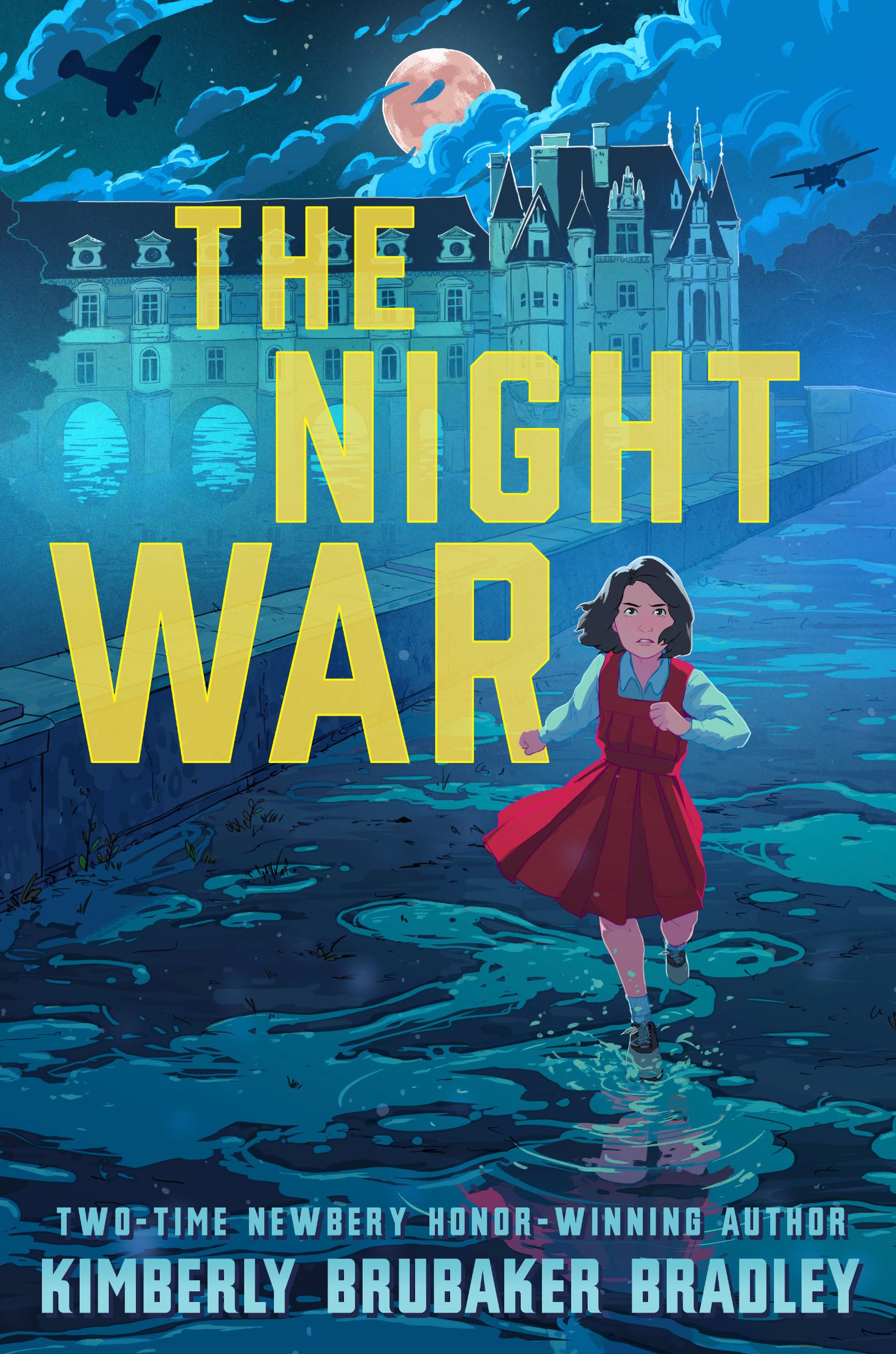By Kimberly Brubaker Bradley
In the darkest night, who will rise to fight?
Kimberly Brubaker Bradley’s “The Night War” immerses readers in a gripping WWII survival story that balances historical gravity with relatable emotional stakes. Set in 1942 France, the novel follows twelve-year-old Miriam, a Jewish girl forced to flee Paris after a Nazi raid separates her from her parents. With her neighbor’s toddler, Nora, in tow, Miriam finds refuge in a convent near the Loire River, where she must conceal her identity while navigating moral dilemmas, forging unexpected alliances, and confronting the ever-present danger of discovery. The Château de Chenonceau—a real-world setting rich with secret passages and wartime history—adds atmospheric depth, while Miriam’s internal conflict between self-preservation and protecting others grounds the plot in heartfelt authenticity.
“The Night War” stands out as an empathetic choice for classrooms supporting English learners. Bradley uses concise, vivid sentences and avoids overly complex syntax, creating a brisk pace that holds attention without overwhelming. Descriptions of Miriam’s surroundings, like the convent’s hidden chapel, are succinct, offering just enough detail to spark imagination. Occasional black-and-white illustrations reinforce key scenes, providing visual learners with context for historical elements like forged identity papers or clandestine resistance activities. While the text includes some period-specific idioms (“keep your head down”), their meanings become clear through context, offering gentle exposure to figurative language. Teachers can leverage Miriam’s sketches of Nora or her coded messages to peers as springboards for creative writing or art projects, bridging literacy development with historical inquiry. For educators seeking a WWII narrative that respects young readers’ capabilities while honoring the complexity of its subject, “The Night War” delivers both accessibility and emotional resonance, proving that profound stories need not be linguistically inaccessible.

